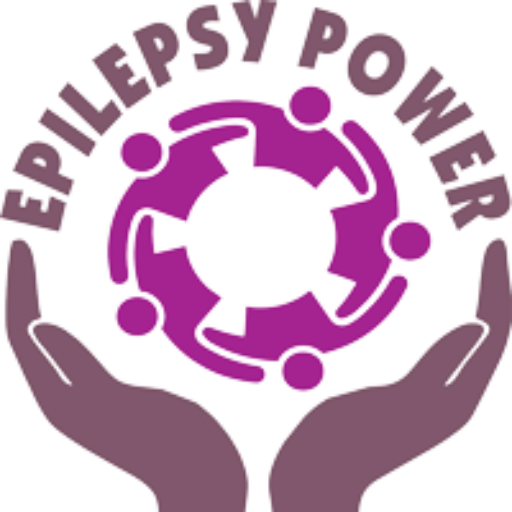- Introduction
- Section 1: Obstacles to better professional integration for people with disabilities, particularly epilepsy
- Section 2: The international legal framework
- Section 3: The european legal framework
- Section 4: Equal opportunity rights in Italy
- Section 5: Equal opportunity rights in Bulgaria
- Section 6: Equal opportunity rights in Ireland
- Section 7: Equal opportunity rights in Germany
- Section 8: Equal opportunity rights in France
- Section 9: Summary of key points concerning legislation to promote the professional integration of disabled people in Italy, Bulgaria, Ireland, Germany and France.
- Concluding remarks
- Quiz
Testimony from Marie :
I don’t think you should hesitate to get yourself recognised as a disabled worker by your local departmental disabled people’s office (MDPH). I worked for 15 years without saying anything, without complaining, hiding my difficulties. It was burdensome and complicated to live in the world of work with this secret. Then one day I had a convulsive seizure at the office because I went there when I was exhausted and sleep-deprived. I thought it would be a disaster if everyone knew about my illness, but it wasn’t at all, on the contrary. Now occupational medicine has put me in a more suitable job, and I can take breaks. I’ll never go to work without sleep again, my working hours have been reduced. I even received a disability pension for a while. My quality of life has improved considerably ‘thanks’ to this crisis at the office. Of course, there have been dark days (withdrawal of licence, resurgence of attacks with a treatment that made them worse, inflammatory neuritis with another that I couldn’t stand). In short, now that I’m stable, I regret not having claimed my rights earlier. You should know that disabled workers are entitled to early retirement, but you still have to declare yourself… a bit late for me. Find out more from the MDPH and the occupational physician. For those of you who are still students, don’t choose jobs with difficult working hours, such as catering, or jobs that are too noisy and hard on us. Office jobs with fixed hours and carpeting if you fall are more suitable[1].
[1] Carenity. (s. d.-c). Epilepsie et monde du travail. Forum Epilepsie. https://www.carenity.com/forum/epilepsie/lepilepsie-au-quotidien/epilepsie-et-monde-du-travail-8695
The international legal framework for the occupational inclusion of people with disabilities, including those with epilepsy, is based on a number of treaties, conventions and guidelines drawn up by international organizations such as the United Nations and the International Labor Organization (ILO). These legal instruments oblige member states to take measures to promote equal opportunities and inclusion in employment, while ensuring accessible and non-discriminatory working environments.
The United Nations Convention on the Rights of Persons with Disabilities (CRPD), adopted in 2006, is an international treaty designed to promote, protect and ensure the full and equal enjoyment of all human rights and fundamental freedoms by persons with disabilities. The Convention places particular emphasis on non-discrimination, social inclusion, equal opportunity and accessibility.
The most relevant articles are
- Article 2: establishes that the refusal of reasonable accommodation constitutes a form of discrimination unless it imposes a disproportionate or excessive burden.
- Article 4: requires States to take all appropriate measures to eliminate discrimination on the grounds of disability by any person, organization or private enterprise.
- Article 9: this article stresses the importance of accessibility in all aspects of life, including the workplace, to enable people with disabilities to participate fully and effectively in society.
- Article 21: requires states to encourage private companies providing services to the public, including via the Internet, to provide information and services in accessible and usable formats for people with disabilities.
- Article 27: This article obliges states to recognize the right to work of people with disabilities on an equal footing with other workers. It stipulates that states must prohibit discrimination in employment on the grounds of disability, promote employment opportunities and take appropriate measures to employ people with disabilities in inclusive and accessible work environments.
- International Labour Organization (ILO) Convention No. 159 concerning Vocational Rehabilitation and Employment (1983) requires member states to develop and implement national policies for the vocational rehabilitation and employment of disabled people. It emphasizes equality of opportunity and treatment in employment, and recommends vocational rehabilitation measures to help disabled people obtain, retain and progress in employment.
Other international initiatives include the World Program of Action Concerning Disabled Persons (1982). Adopted by the United Nations General Assembly, this world action program aims to promote an integrated and comprehensive approach to disability. It focuses on eliminating obstacles to the participation of disabled people in all areas of life, including work.
The 1975 United Nations Declaration on the Rights of Disabled Persons sets out fundamental principles concerning the rights of disabled people, including the right to work and to adequate social protection.
